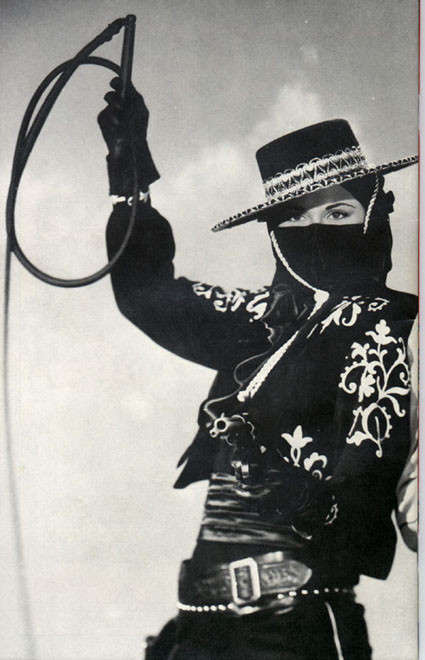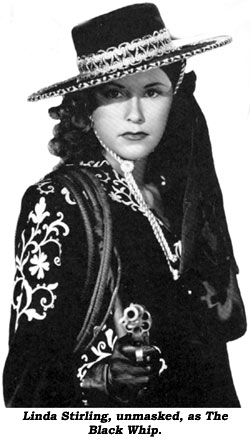Time of the Wolf
2003/DVD 2006
Director: Michael Haneke
Cast: Isabelle Huppert, Hakim Taleb, Lucas Biscombe
Review by Nancy Keefe Rhodes
In early January 2006, I saw my first Michael Haneke film at Lincoln Plaza Cinemas in New York City one cold, slushy night. There's a moment in Caché – in English, it means Hidden – where, utterly without warning, a man slits his own throat, loosing a jet of blood across a kitchen. Even now, I feel my own head jerk back, how my hands clenched the seat arms, hear our – the rest of the audience's – noisy collective gasp. The success of Caché – with its meditation on how camera surveillance has penetrated our lives and its riff on the costs of colonialism at a time when North African migrant workers were rioting in French suburbs – introduced the Austrian's work to a wider US audience. DVD release of earlier Haneke films quickly followed that spring. Tellingly, Caché's own DVD cover features a white background rent with a single jagged red slash.
Such moments of disorienting recoil are Haneke's calling cards. In The Piano Teacher (2001), a film with certainly more than one such moment, my candidate for most viscerally gasp-inducing is that in which Isabelle Huppert's teacher leaves the auditorium during her nervous star pupil's dazzling recital and booby-traps the girl's coat pocket with shards of broken glass. Somehow this moment is more unsettling than successive ones - it's as though Haneke has broken the act itself into shards - in which we first hear her scream, then see the blood-drenched hand held mid-air.
Haneke's most violent moments sometimes occur just off-screen – we see the resulting bloodspray, after which his women, literally unable to stomach events, vomit – or the violence is other than merely physical. That gash on Caché's DVD cover as much represents another boundary violated: the breaking of the "fourth wall" convention of live drama – from which Haneke comes to cinema – in which action spills off the stage, characters speak directly to audiences or some provocation occurs that transforms one's safe spectator experience to participatory immediacy. Haneke opens the cage door. And from The Seventh Continent (1989) on, in most of his scripts – except for adapting novels twice – this occurs over and over with characters named some variant of Anne and Georges Laurent; their children, when present, often named Ben and Eva. As if, as a culture, we keep not getting the lesson right.
In Haneke's new Funny Games, set on Long Island and pretty much a shot-for-shot re-make of his 1997 film of the same title, the moment of most recoil for me arrives near the end. As Ann (Naomi Watts) – bound, gagged, her husband and son dead – crosses a small lake in her sailboat, perched on the edge of the deck, one of her captors, Paul (Michael Pitt), with a cheery "Ciao, bella!" and not so much as a glance in her direction, shoves her overboard. (She drops from sight as quickly, as disposably, as that first kid shot in the library dropped from the frame in Gus Van Sant's 2003 Columbine-inspired Elephant). But much of what repulses people about this film, with its veneer of opera scores and lovely God's-eye cinematography, occurs earlier – during the three times Paul or Peter turn to the camera to taunt the audience about torture-as-entertainment and then during a truly disorienting sequence in which Ann shoots one kidnapper, we may momentarily exult and Paul uses a TV remote to re-wind – erase – that possible outcome. Funny Games is assaultive, masterful and left Carousel Mall's multiplex quickly. In the shorthand parlance of my group of regular movie buddies, it's "not for Laurinda."
Despite making Funny Games anew – and he's working on a film now about how ritual punishment in a rural northern German school in 1913 contributed to Fascism's rise, the working title of which is The Teacher's Tale – Haneke did make one film (his first after 9/11) that's gentler, comparatively easier on his women, and full of grief for us all. Well, it's not exactly without its violence. But one appreciates Time of the Wolf (2003) more, understanding Haneke's usual bent.
Here, affluent city-dweller Anne Laurent (Isabelle Huppert) – a panicked looter shoots husband Georges very early - crosses the French countryside with teen-aged daughter Eva (Anaïs Demoustier) and young son Ben (Lucas Biscombe) after some convulsive catastrophe turns Europe to wasteland. Because she has "behaved correctly" in the past to a local woman we assume was a shopkeeper or maid, Anne receives a bag of biscuits through a narrowly cracked door. A violent feral boy (Hakim Taleb) hesitantly joins them and soon pulls an overcoat from a corpse which he offers to Eva. Initially she's repulsed, but in the next scene she's wearing it, and Eva remains this boy's single tenuous thread to any make-shift community. An unstopping refugee train zooms by but he guides them to a country train station. Several incidents of frail generosity occur, flickering before the tide of chaos – an old man shares a cup of milk with his wife, one woman calms another down, in a fitful night there's a faint, scratchy Beethoven sonata on a tape recorder.
Fragile, traumatized, increasingly given to wandering off, Ben hears garbled talk from some travelers of the Jewish legend of "the Just" – those 36 humans whose presence offsets all humanity's evil-doing – and decides to sacrifice himself. Beside a signal fire on the tracks in a vast night, a sentry stops him, cradles him, says his willingness is enough. Then someone watches from an open box-car door, rumbling monotonously across an empty land. Haneke's endings are aggressively ambiguous. Of course we might prefer it meant the next train stopped for Anne and her children. But it's hard not think that "Never again" is the simple lesson that we're still missing, all of us fellow travelers.
*******
This review appeared in the 4/3/08 issue of the Syracuse City Eagle weekly, where "Make it Snappy" is a regular column reviewing DVDs of movies that didn't open theatrically in Central New York & older films of enduring worth.
AGORA: Dragged from her chariot by a mob of fanatical vigilante Christian monks, the revered astronomer was stripped naked, skinned to her bones with sharp oyster shells, stoned and burned alive as possibly the first executed witch in history. A kind of purge that was apparently big business back then.
.jpg)
CRITICAL WOMEN HEADLINES
4/5/08
Subscribe to:
Post Comments (Atom)




















No comments:
Post a Comment